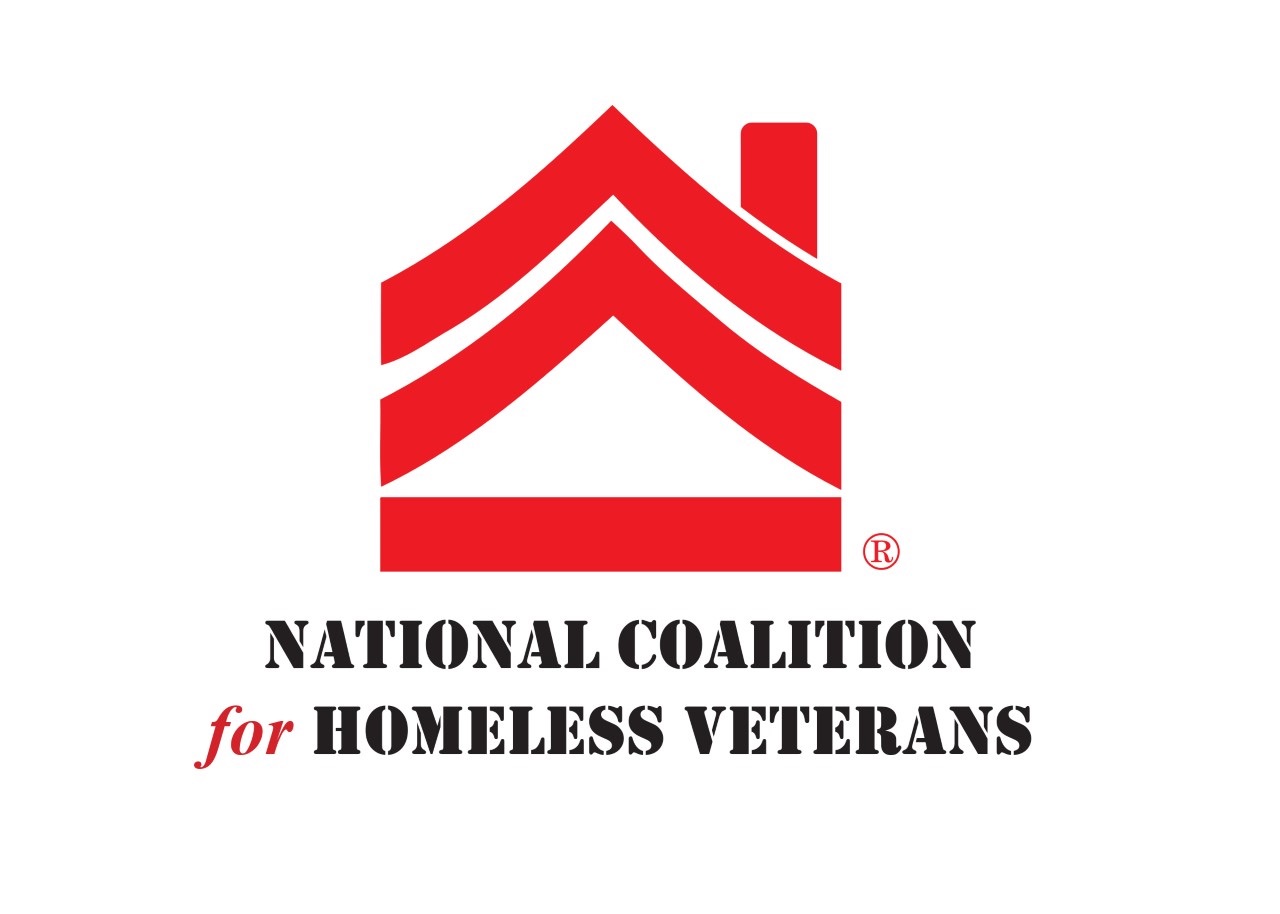One of the ground truths of 2020 is that COVID-19 has changed the way that many things in the world work. Among the changes is how communities think about delivering services to veterans experiencing homelessness.
Many communities have made strides to provide safe services for people experiencing homelessness by accelerating housing placements and utilizing creative public-private partnerships with federal funding supporting temporary placements in hotels and motels.
Yet one component of the service system, transitional housing, saw reduced occupancy due to the congregate settings of some facilities. COVID-19 safety, difficult to implement in the congregate setting, was and still remains of the utmost importance, and is cited in many instances as accounting for the reduction in occupancy.
However, reduced capacity within these programs also meant that some veterans were unable to access services they wanted in order to acquire stable housing and address issues contributing to their becoming homeless.
Congress generously provided increased funding for organizations that serve homeless veterans to allow them to meet unplanned needs. Many veterans access services in shelters that have congregate layouts, meaning that people are sharing space or are even in close proximity to one another in bunk beds.
Some organizations that serve veterans and others experiencing homelessness had COVID outbreaks within their facilities, necessitating action to create a system that can safely serve veterans even into the future.
To that end, Congress temporarily removed several grant restrictions on shelter renovation and construction that would have made it more difficult to utilize federal support.
On that basis, VA was able to issue a grant opportunity to help organizations increase the availability of individual spaces within their facilities. However, VA’s estimates indicate that funding currently available may be enough to cover one in eight of the shelter beds that could be converted to safer, less congregate footprints.
Additional resources will be needed to ensure all organizations have the opportunity and resources to transition their facilities for long-term safety.
While there are now many program options for veterans to utilize as they exit homelessness, a stay in VA-funded shelter programs is an integral part of the journey for many veterans who seek assistance addressing mental health or substance use issues contributing to their homelessness.
Shelters are also a vital resource for veterans in high-cost, low-vacancy housing markets, where they are able to access a safer sleeping option while they await housing placement.
We must collectively work to ensure that these services and supports are available to veterans who need them to achieve housing stability.
In the next several months, NCHV will conduct paid focus groups among veterans who have recently stayed in or were declined the option to stay in VA-funded transitional housing. We hope to learn from their lived expertise about barriers to, and benefits of, utilizing this key resource.
Hearing directly from impacted veterans will help us to refine our recommendations around the program, to continually improve it for generations of veterans to come.
Armed with resources and knowledge, we can improve the safety and dignity of shelter services for veterans experiencing homelessness.
Visit [www.nchv.org] to learn about the National Coalition for Homeless Veterans.






